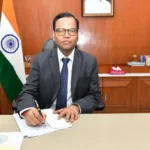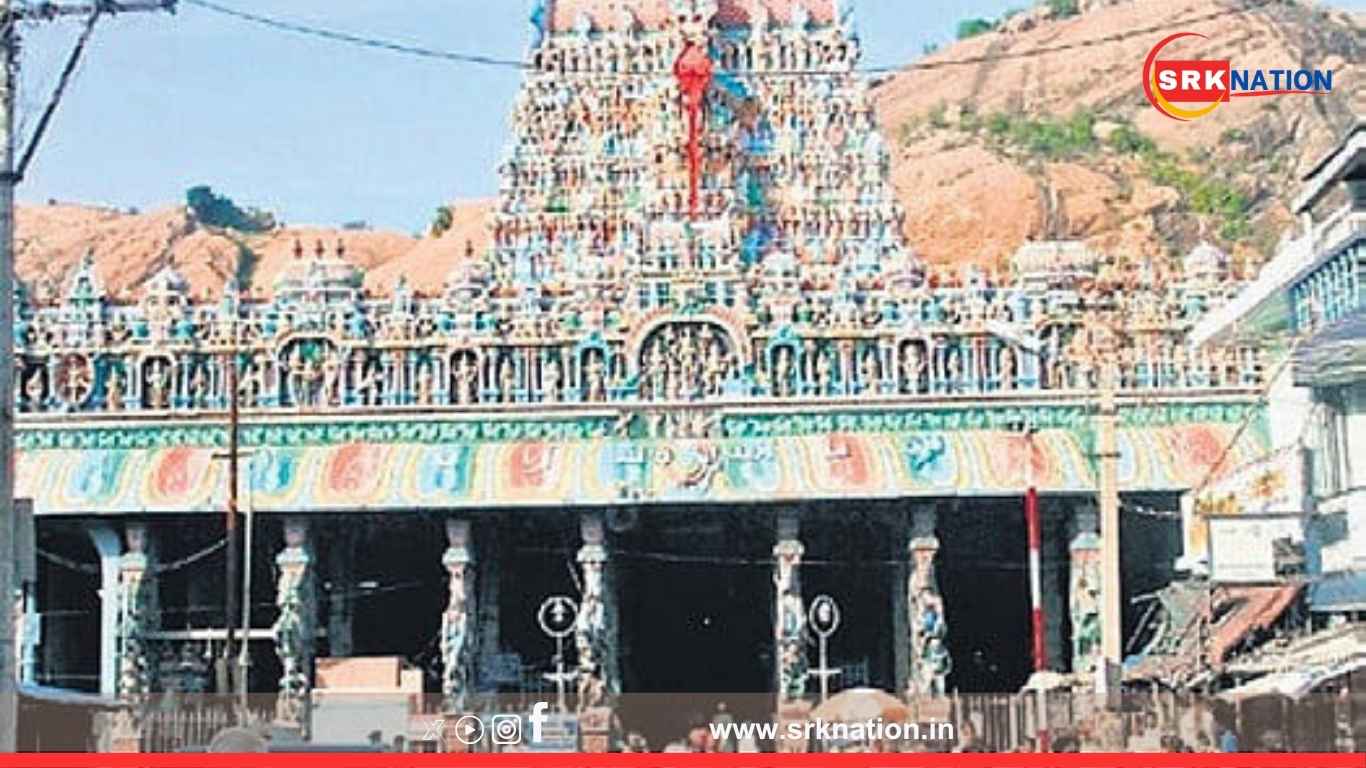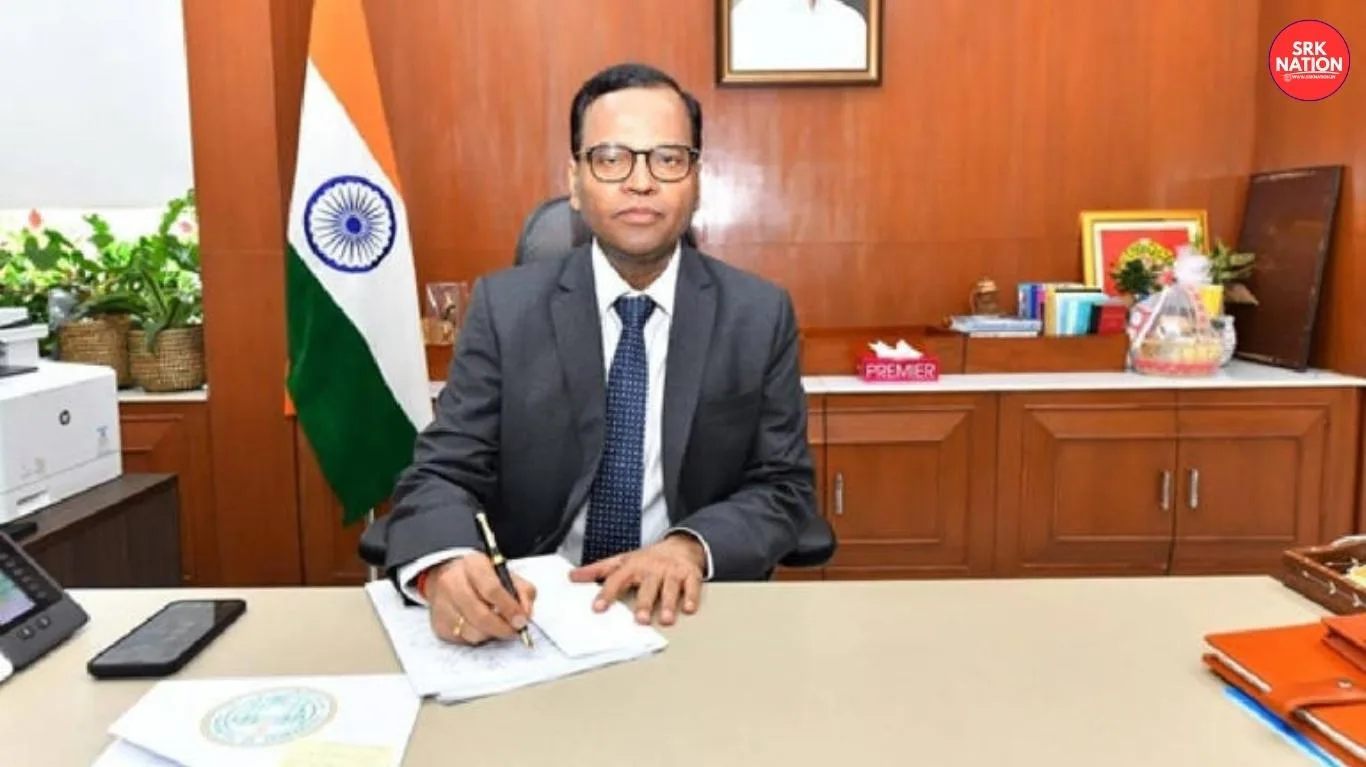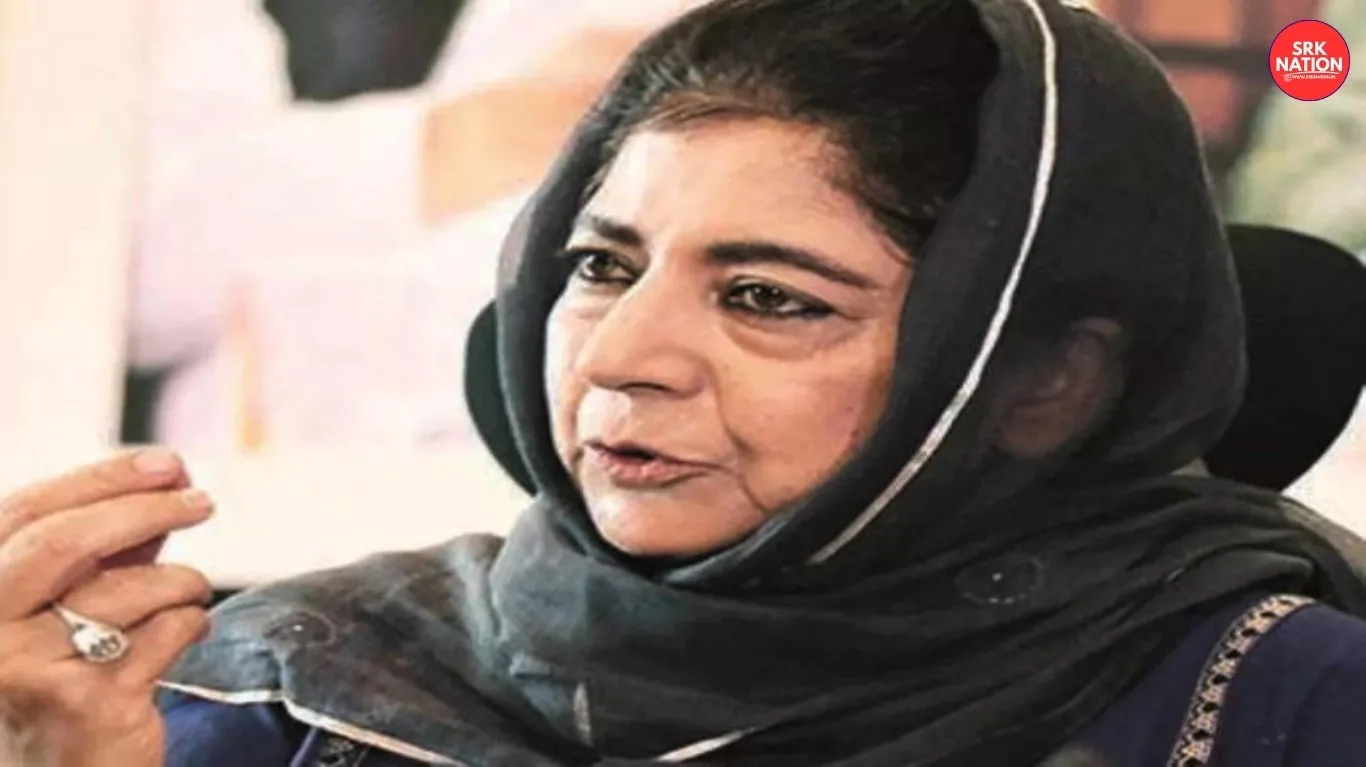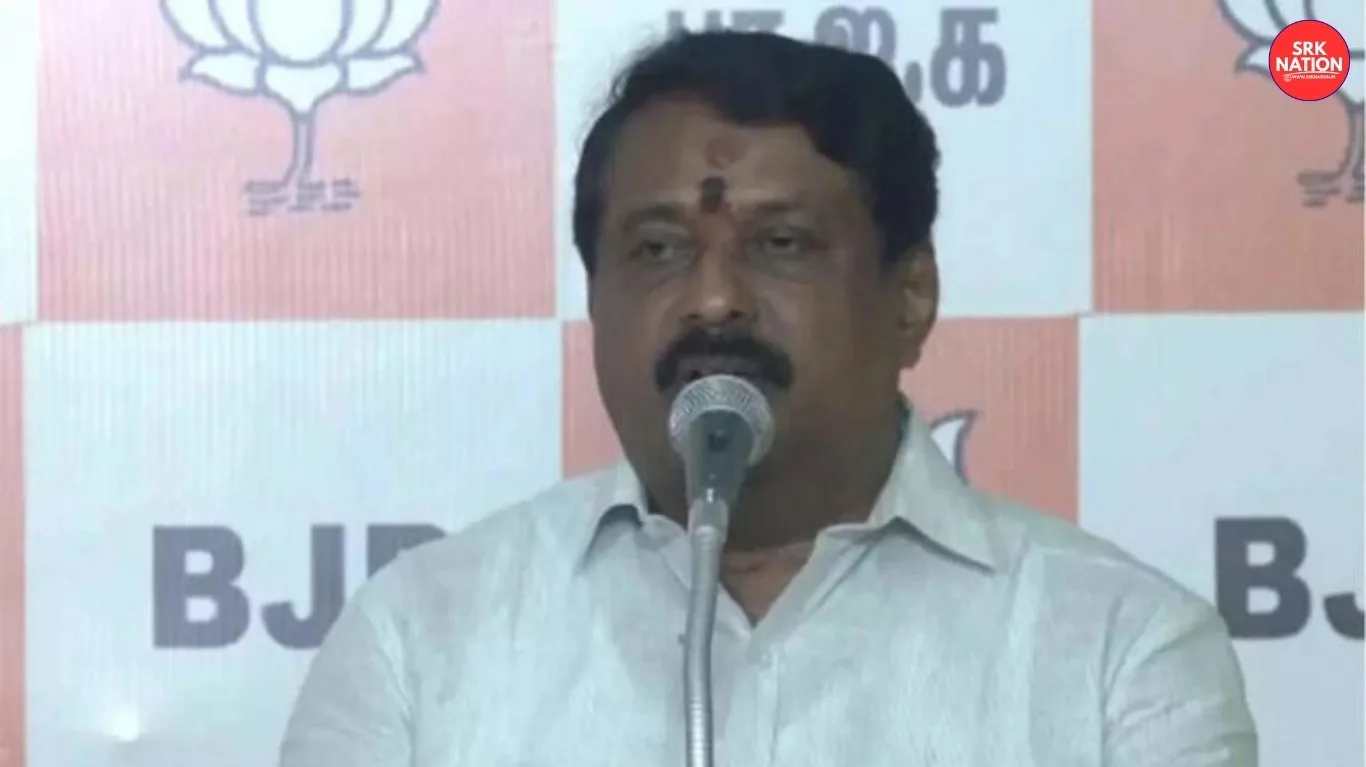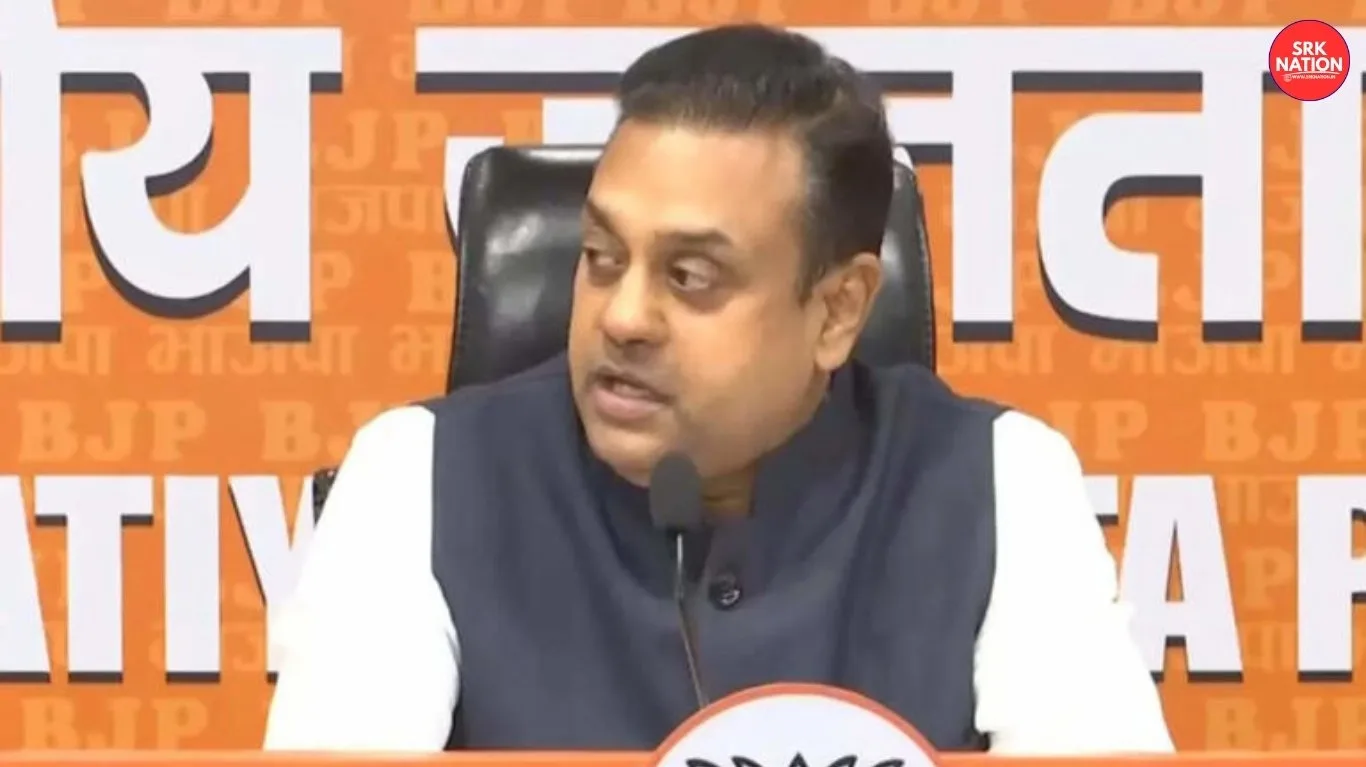The Madras High Court has issued a split verdict in a high-profile case concerning religious practices and heritage rights at the Thiruparankundram Hill in Madurai, home to both the Subramaniya Swamy Temple and the Sikandar Badusha Dargah. The matter has now been referred to the Chief Justice for assignment to a third judge for final adjudication.
Background of the Dispute
The case involved six petitions addressing issues such as:
- Alleged unauthorized animal sacrifices and gatherings at the dargah.
- Demands to rename the hill as “Samanar Kundru” (Jain Hill).
- Requests for infrastructure development like roads and lighting.
- Calls to prohibit religious practices deemed disruptive to temple sanctity.
Diverging Judicial Opinions
Justice J Nisha Banu dismissed all six petitions, citing the need to preserve interfaith harmony and secular coexistence. She upheld the rights of both communities, noting that civil courts had already recognized the legitimacy of religious practices at both the temple and the dargah. She emphasized that animal sacrifice is a long-standing religious tradition observed across various faiths and cannot be selectively banned.
In contrast, Justice S Srimathy allowed the petition filed by Hindu Makkal Katchi, asserting that there was no historical evidence of animal sacrifice or Islamic prayers being conducted at the dargah during major festivals. She argued that such practices were recent and could not be permitted, citing concerns over the sanctity of the temple and the surrounding environment.
What’s Next?
With the judges at odds, the case has been escalated to the Chief Justice of the Madras High Court, who will appoint a third judge to deliver a tie-breaking verdict. The outcome is expected to have significant implications for religious rights, heritage conservation, and communal harmony in Tamil Nadu.
🔁 Share this article to stay informed on landmark court rulings and the evolving dynamics of religious coexistence in India.

